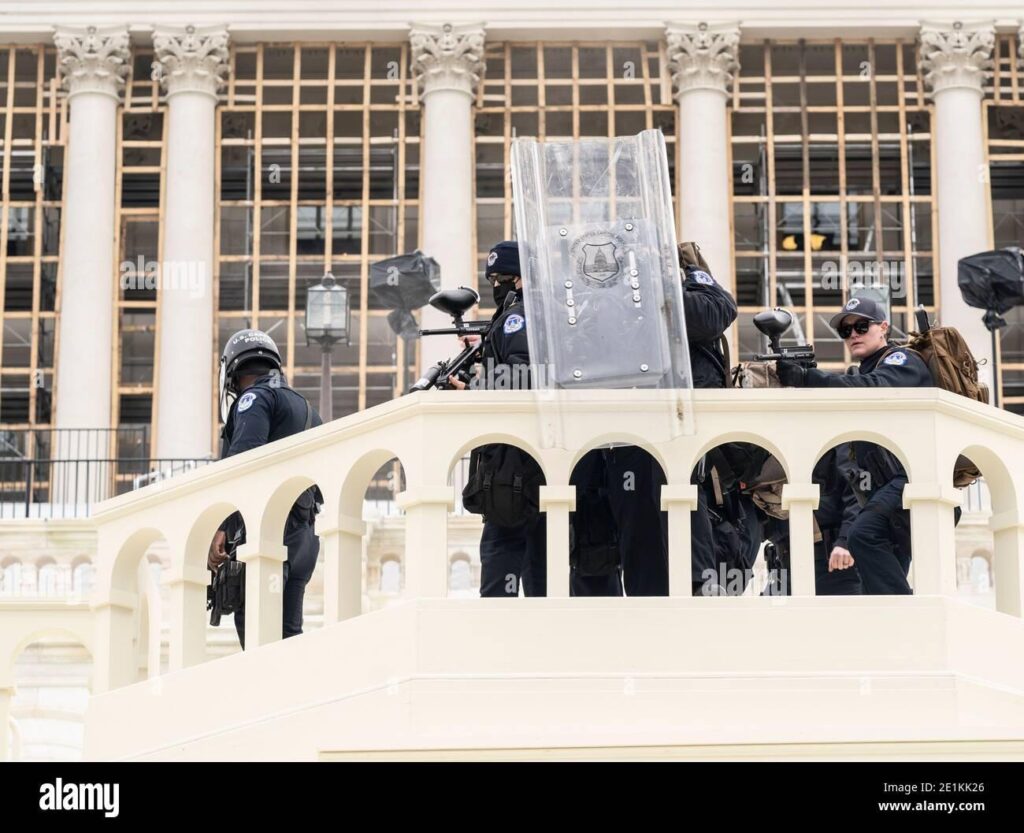Table of Contents
- Legal Restrictions on Pepper Spray in Government Buildings
- Understanding State and Federal Regulations Affecting Pepper Spray Carriage
- Navigating Security Protocols and Entry Requirements
- Best Practices for Carrying Pepper Spray Safely and Legally in Public Spaces
- Final Thoughts
Legal Restrictions on Pepper Spray in Government Buildings
When it comes to bringing pepper spray into government buildings, the regulations tend to be strict and vary by jurisdiction. Many federal and state facilities classify pepper spray as a restricted item due to security concerns, often prohibiting its possession outright within their premises. This means that even if pepper spray is legal for personal use in public spaces, carrying it into places such as courthouses, state offices, and federal buildings can lead to confiscation or legal penalties. Visitors are typically required to check their belongings and comply with security screenings, where pepper spray is commonly flagged.
Before entering any government building, it’s crucial to be aware of the specific restrictions, which may include:
- Complete bans on carrying pepper spray inside certain facilities.
- Size and concentration limits if carrying pepper spray is allowed.
- Special permits or declarations for authorized personnel.
Understanding these rules beforehand can prevent inadvertent violations. Checking the official website of the specific government building or contacting security offices directly is recommended to ensure you remain compliant with local laws and institutional policies.
Understanding State and Federal Regulations Affecting Pepper Spray Carriage
When it comes to carrying pepper spray, understanding the interplay between state and federal laws is crucial for compliance and safety. While federal regulations set the broad legal framework-primarily the 1996 amendment to the Federal Hazardous Substances Act that regulates the sale and packaging of pepper spray-it’s the state laws that often dictate the specifics of possession, usage, and limitations within government premises. These laws can vary significantly, ranging from outright bans in certain states to restrictions based on concentration levels, container sizes, or even the requirement to register the item. For instance, some states mandate that pepper spray users be a certain age, while others require training or permits for carrying it in public or government buildings.
Equally important is recognizing the special rules that apply to government buildings, which often have their own security guidelines that dovetail with existing statutes. Access to courthouses, federal offices, or state government facilities might be governed by stricter security screenings where pepper spray possession is expressly prohibited or subject to discretionary approval.
- Always check local courthouse regulations before carrying pepper spray into such spaces.
- Consult the specific building’s security policy for detailed restrictions.
- Federal buildings typically prohibit any kind of weapon or self-defense sprays, with exceptions usually only for law enforcement.
Navigating Security Protocols and Entry Requirements
When entering government buildings, it’s crucial to understand that security measures are often stringent and vary widely depending on the jurisdiction and the specific location. Many facilities implement metal detectors, bag screenings, and security personnel trained to enforce entry protocols. Carrying items like pepper spray may trigger alarms or lead security officers to confiscate the item, even if local laws permit possession. Additionally, some government institutions explicitly prohibit any self-defense tools, including pepper spray, due to concerns over public safety and potential misuse.
Before attempting to bring pepper spray into a government building, consider the following key points:
- Check the official guidelines issued by the building or agency, as these often clarify which items are banned.
- Understand local state and federal laws regarding pepper spray possession and usage restrictions.
- Be prepared for security screenings and comply fully with instructions from officers to avoid penalties.
- Consider alternative safety options if the building prohibits pepper spray, such as personal alarms or seeking escort services.
Best Practices for Carrying Pepper Spray Safely and Legally in Public Spaces
When carrying pepper spray, it’s essential to prioritize safety and legal compliance. Always store your pepper spray in an accessible yet secure location to ensure a swift response during emergencies without risking accidental discharge. Consider using a holster or a keychain attachment designed for quick access. Additionally, familiarize yourself with the device’s instructions and practice proper handling to avoid accidental spraying, which can cause injury to yourself or others nearby.
To remain on the right side of the law, keep in mind that regulations vary widely by jurisdiction, especially concerning usage and possession in restricted spaces like government buildings. Before bringing pepper spray into any public space, verify local laws and specific building policies. Common restrictions include:
- Prohibited items list for federal and state facilities
- Size and concentration limits on spray canisters
- Age restrictions on purchasers and carriers
- Required licenses or permits in some areas
By adhering to these guidelines, you ensure your self-defense measures remain both effective and lawful, protecting yourself without unnecessary legal complications.
Final Thoughts
In conclusion, while pepper spray can be an effective tool for personal safety, its legality in government buildings varies significantly depending on local laws and specific security regulations. Before carrying pepper spray into any government facility, it’s essential to research the rules that apply to that location to avoid legal complications. Staying informed and compliant ensures that you can protect yourself without inadvertently breaking the law. As always, when in doubt, consult official sources or legal experts to navigate this complex topic with confidence and peace of mind.Check Our Other Blogs
- StunGun – Your Trusted Source for Stun Guns, Laws, and Self-Defense Tips
- PepperSprayLaws – Your Trusted Resource for Pepper Spray Information
- StunGunLaws – Your Trusted Guide to Stun Gun Legality and Safety




